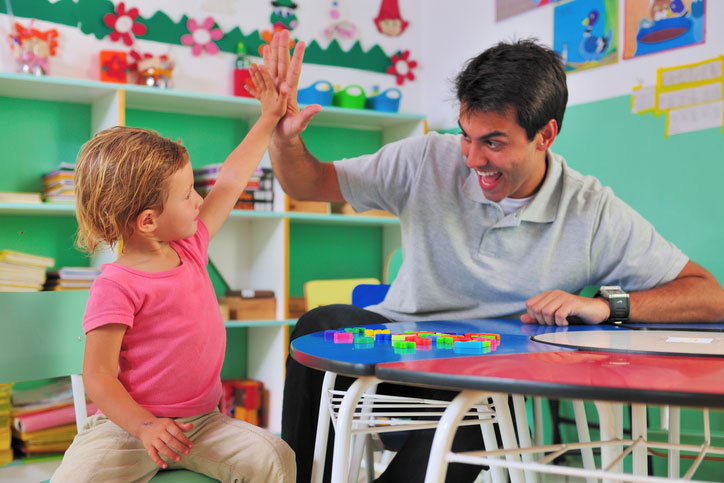The parent-teacher relationship is a critical one in the child’s formative years of development. Apart from each of them having expectations from the student regarding academic performance, social interactions, physical activities, and personal growth, parents and teachers also have some expectations from each other. Parents expect teachers to guide and instruct their children towards success in life. Teachers expect parents to cooperate and support the same learning experience when the student returns home.
Early childhood education is pivotal in the child’s progress, and a smooth parent-teacher relationship is advantageous. The preschool teachers and the parents are the ones who are introducing them to a new and vital experience of their lives. So a cordial relationship with the parents helps them get eased into the social institution.
How to foster a good relationship between the teacher and the parents?
Doing away with progress reports:
The format of progress reports has a very technical outlook. It categorizes the various sides of the child’s development and marks them on a grading scale. This typed evaluation may make many parents anxious about not being informed enough about their child’s education. It ignores the complex issues of behavior and mental development and tends to imply that these factors have black and white answers.
Engaging in direct conversations:
If the teacher engages in meaningful conversations with the parents, some of this anxiety can be alleviated. A few parent-teacher meetings throughout the academic year should prove beneficial in this regard. Early childhood education should promote direct communication between the teacher and the parents. The teacher should also encourage the parents and motivate them along with their child besides pointing out the areas where the child needs improvement.
Reminding parents of their role in the child’s education:
For parents, it is quite normal to be anxious about their child’s education and want the best for them. But the new parents may not know precisely the role they play in their child’s education. Transparency regarding lesson plans and event schedules on the teacher’s part thus helps the parents to stay on track. Welcoming questions and concerns from the parents regarding their wards should also make them feel more involved and engaged.
However, boundaries must be established to discourage overbearing behavior.
Familiarizing parents with the classroom experience:
Modern preschools assign some classroom tasks to the parents to familiarize themselves with their child’s experience. Participating in these also makes them feel more involved. For more traditional settings, art exhibition days, field trips, annual programs help to nurture good relationships with the parents.
Using a newsletter:
A regularly updated newsletter helps the parents to keep track of what the child is learning. They can also inform and give reminders about important dates and events throughout the school year and recognize the student’s achievements.
Conclusion:
Teachers and parents want the best for their children. Early childhood education needs both the teacher and the parents to cooperate so the child can have a solid base for progress later in life.


